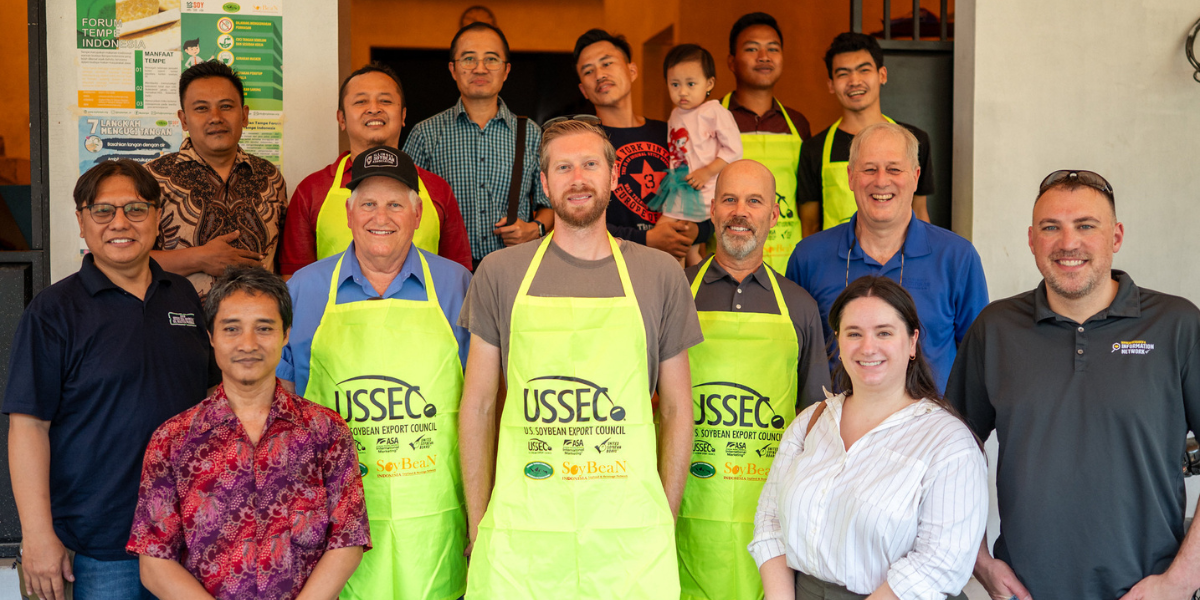Over the last few years, as our staff provided updates to our board and members, it’s been a regular refrain: “The Farm Bill expires this year, but passage of a new five-year bill looks unlikely.” The 2018 Farm Bill expired in 2023, but it was extended for one year in both 2023 and 2024. Many experts and observers are now asking the question, “Are we ever going to get a five-year farm bill again?”
Historically, the Farm Bill has been an opportunity to take the temperature of the ag economy and make adjustments to help set the foundation for farm support in the following years. Farm policy often takes several years to have its impact seen after the legislation is passed. This lag time matched up with the five-year lifespans of normal farm bills. Ideally over that time, the ag committees in both chambers would have the opportunity to listen to farmers both in Washington D.C. and in field hearings around the country to gain critical feedback.
The last few farm bills have been delayed for one reason or another. A major reason that has driven this is how to handle the portions of the legislation that deals with the Supplemental Nutrition Assistance Program (SNAP) dollars. These funds have risen to become the vast majority of the total dollars in each Farm Bill. While these dollars under the nutrition title may appear to be unrelated to agriculture, they do provide a crucial tool to bring votes from urban and rural lawmakers to the legislation. This coalition has been successful in passing both hunger and farm policy for several decades. Increasing efforts to decouple or even reduce these funds has a negative impact on the passage of a final Farm Bill and has delayed passage of the most recent farm bills. Most agriculture groups have long-standing policies that support keeping these titles of the legislation coupled to provide a broad base of support for the legislation.
The most recent Farm Bill that passed the U.S. House Agriculture Committee in the spring of 2024 made substantial edits to the SNAP program. This drew opposition from many legislators on the committee and ultimately caused concerns about its passage in the full U.S. House of Representatives, which did not call the bill for a whole chamber vote.
Beyond the decoupling of the SNAP program, some major shifts have occurred in how farm policy and program dollars are being authorized. For more than a decade, challenges passing legislation have led to farm programs being included in disaster assistance packages. Some of these are related to natural disasters, some due to the COVID-19 pandemic and others due to political or trade disruptions. In this year’s budget reconciliation process, the U.S. House included many of the priorities of their 2024 Farm Bill. These included raising reference prices for major commodities as well as adjustments to the SNAP program.
Overall, the transition away from regular order of passing a Farm Bill through committees and then onto the floor has some long-term consequences for agriculture. While the committees have long looked to gather feedback from across the country, this expedited process will lead to further regionalizing of programs intended to benefit all of agriculture. For the federal crop insurance program, the expansion of inequities in the loss ratio system is expected to increase. Additionally, changes to programs like the Supplemental Coverage Option (SCO) and others are expected to increase inequities as well. Many of these changes do not benefit Illinois farmers as much as they benefit farmers elsewhere in the country.
The experience of the past few years and the effort to pass a new Farm Bill since 2018 has shown that we are entering a new era of how farm policy is decided. The team at Illinois Soybean Growers (ISG) is working with experts at the University of Illinois and other Illinois commodity organizations to get ahead of these changes and implement future policy that makes sense for Illinois farmers. Personally, I look forward to leading our team to investigate these changes, but we cannot do it without your engagement. Please be on the lookout for conversations and discussions with ISG and all, Illinois agriculture about the future of farm policy.
Recent Articles
ISA recently traveled to Indonesia to explore growth potential for U.S. soy's No. 4 trade partner.
By IL Field & Bean Team

